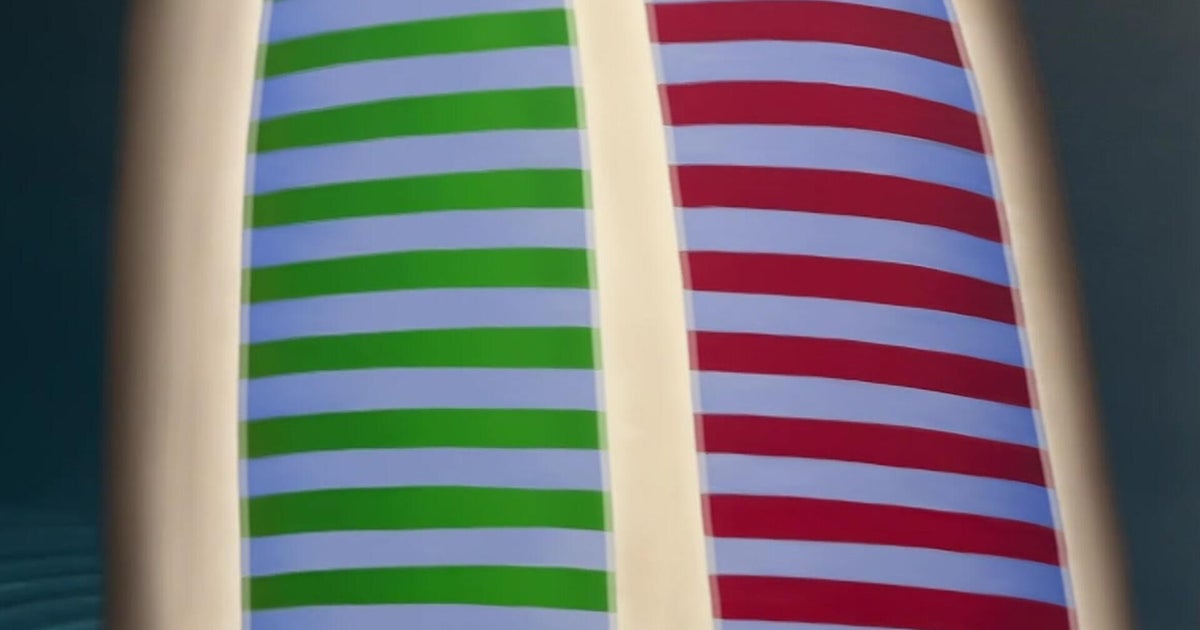Movie Blog: 'Blackfish' Bites Into SeaWorld
---
Blackfish, an investigative documentary that'll probably have you canceling any plans to SeaWorld, had me harking back one the most beloved movies of my childhood.
In the early 90s, I must have taken the VHS of Free Willy out of its massive plastic case and watched it dozens and dozens of times. Orca whales -- or killer wales, or blackfish -- were awesome back then. Remember that?
The time when orcas were the benevolent stars of SeaWorld commercials: benign black and white beings humans could communicate with, ride on, and seemingly understand?
From what I could tell, the whales seemed happy in captivity, performing complicated routines daily with their loving trainers. And I may have thought the same today if I hadn't seen Blackfish, which tells the story of one beloved, famous and very lucrative orca and its killing of three people.
The whale's name is Tilikum, and he appears in Blackfish not so much a monster as a victim of circumstance. You should know: Although killer whales bear an ominous name, wild ones have never been known to hurt, much less kill, humans. Remember that.
Director Gabriela Cowperthwaite traces Tilikum's story back to when he was a calf, and ripped from his family in the wild. Seeing footage of these operations -- the little whales crying for their mothers as the cows moan for their young just a net away -- is as unnerving as you'd think.
The first person Tilikum kills is a trainer at a Canadian SeaWorld-wanna-be park -- one that kept the big bull whale penned up for hours in a dark, tiny pod. He grabbed the trainer when she fell into the water, and just kept pulling her under until she drowned. A year later, Tilikum went to SeaWorld-Orlando.
There, Tilikum is involved in two other deaths, one being that of renowned whale trainer Dawn Brancheau. This girl was a SeaWorld star. The many former SeaWorld trainers Cowperthwaite interviews speak of Brancheau as though she were a trainer sensei, the best of the best. Her death shocked them, and forced many to question the business they were in, especially after SeaWorld essentially blamed Brancheau for the incident in court.
Cowperthwaite spends a lot of time fleshing out this incident, and a few others. Some of these are hard to watch, including one in which a trainer gets crushed between two whales, and his body is "only held together by his wetsuit." Before long, an obvious question faces the viewer: Is it ethical to keep killer whales in glorified swimming pools for human entertainment? For selling plush dolls? For profit?
SeaWorld appears to be banking on the whales, especially Tilikum. One of the most uncomfortable parts of the film depict trainers masturbating the bull for his valuable seed, which has gone on to sire many calves born into SeaWorld captivity. Talk about milking it.
To be fair, Blackfish also lacks any word from SeaWorld. Cowperthwaite told me in an interview that she went to great lengths to get representatives on camera, but they declined. And that's unfortunate, for it would have rounded out the doc's glaring one-sidedness. And aside from adding another angle, it may also have added drama. Alas.
Perhaps this is just me, but I would have liked to learn more about the health of the captive whales compared to those in the wild. The movie spends so much time on the human death cases that I felt the film was missing the real question, which has to do with captivity. But perhaps I'm just asking for a science documentary. Cowperthwaite went into this, after all, trying to figure out why Tilikum killed people, and on that front she succeeded.
Blackfish is playing at the Uptown Theatre.







